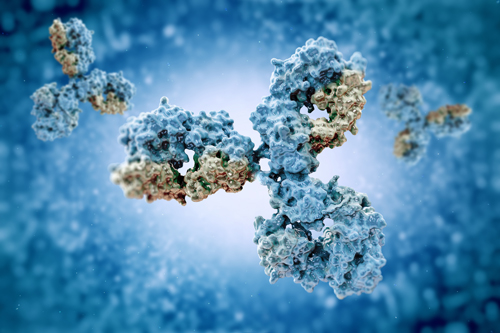Knowledge Grows for mAb Development

Since the first product licensed in 1986, monoclonal antibodies, also referred to as “mAbs,” have dominated the field of biopharmaceuticals with more than 70 products approved, and hundreds more currently under clinical evaluation. Market evaluations for these products predict continued interest for years to come.
The knowledge gained over decades of discovery research, development and manufacturing has enabled tremendous advancements in the commercialization of therapeutic monoclonal antibodies. In addition to fully human and humanized monoclonal antibodies, new related modalities have been introduced, such as antibody fragments, Fc-fusions, bi-specifics and antibody drug conjugates, all aimed at improving pharmacological properties. Technological improvements in expression systems, cell culture and downstream purification have increased productivity. The ability to apply common unit operations across multiple monoclonal antibodies has allowed manufacturers to develop platform processes and, in turn, accumulate substantial knowledge to apply to future molecules in their portfolios. Many companies are now adopting continuous manufacturing approaches to further streamline production and reduce operating expenses.
With so much accumulated knowledge related to monoclonal antibodies, the focus is now on how best to make use of all that information. The term “prior knowledge” describes this wealth of information—a hot topic among industry and regulators. With this in mind, the program planning committee behind the 11th Workshop on Monoclonal Antibodies selected prior knowledge as this year’s theme. The key objective of the workshop will be to answer questions on how process knowledge is being captured, transferred and, more importantly, how it can be used to drive continuous improvements, sustaining further advancements for this therapeutic class of products.
Workshop sessions will cover a variety of topics related to prior knowledge from research, development, manufacturing and regulation. Through presentations, case studies and panel discussions, workshop participants will learn the latest trends in applying prior knowledge to monoclonal antibodies. In addition to the planned sessions, the program will provide abundant opportunities to network and exchange ideas with regulators and industry leaders.
Learn more about the 11th Workshop on Monoclonal Antibodies.


